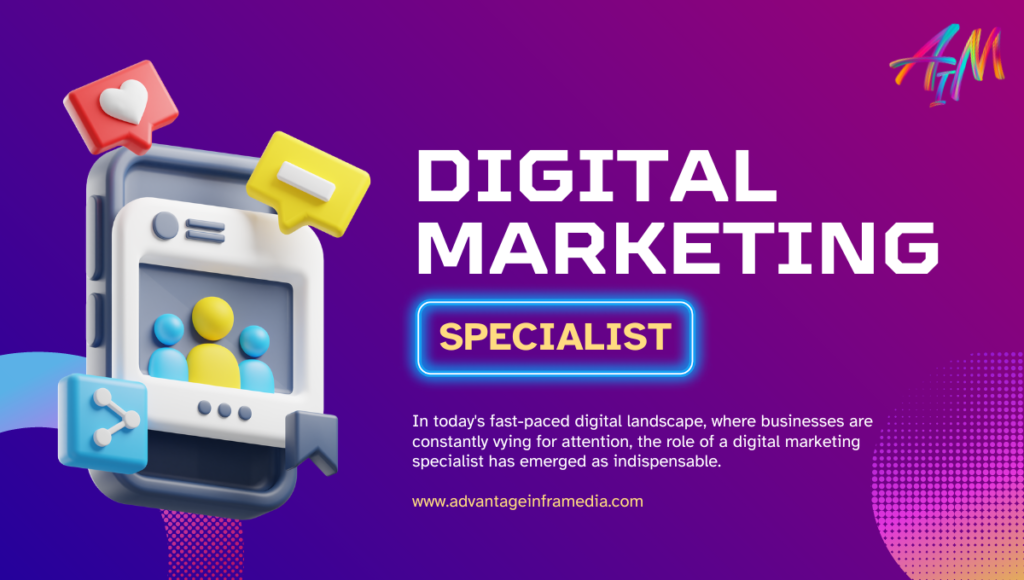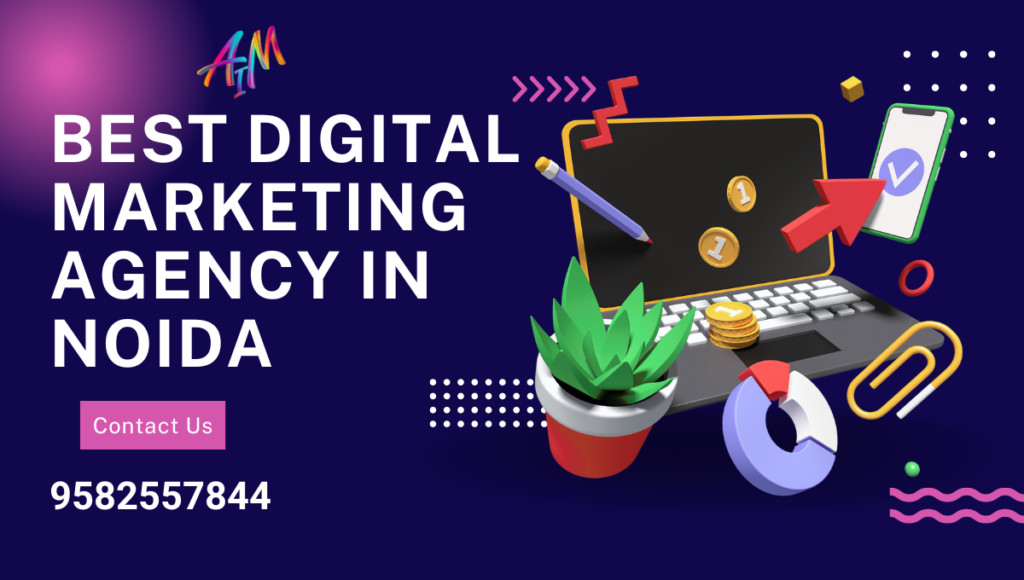In today’s fast-paced digital landscape, where businesses are constantly vying for attention, the role of a digital marketing specialist has emerged as indispensable. As technology continues to evolve and consumer behavior becomes increasingly digitized, companies need experts who can navigate this complex ecosystem to drive growth, engagement, and conversions. In this comprehensive guide, we delve into the multifaceted responsibilities of a digital marketing specialist, exploring the skills, strategies, and insights necessary to thrive in this dynamic field.
Understanding the Digital Marketing Specialist
At its core, the role of a digital marketing specialist revolves around leveraging online channels to promote brands, products, or services. These professionals are tasked with developing and implementing digital marketing campaigns that resonate with target audiences, drive traffic, and ultimately, generate measurable results. From search engine optimization (SEO) and content marketing to social media management and email marketing, digital marketing encompasses a broad spectrum of disciplines, each requiring specialized knowledge and expertise.
The Skill Set of a Digital Marketing Specialist
To excel in the realm of digital marketing, specialists must possess a diverse skill set that combines analytical prowess, creative flair, and technical proficiency. Some key skills include:
- Data Analysis: An ability to interpret and analyze data is crucial for optimizing campaigns and making informed decisions. Proficiency in tools like Google Analytics and Adobe Analytics is essential for tracking key performance metrics and identifying areas for improvement.
- Content Creation: Compelling content lies at the heart of successful digital marketing efforts. Whether it’s crafting engaging blog posts, designing eye-catching graphics, or producing captivating videos, specialists must possess strong creative skills to captivate audiences and convey brand messages effectively.
- SEO Expertise: Understanding the intricacies of search engine optimization is paramount for ensuring that content ranks prominently in search engine results pages (SERPs). This involves keyword research, on-page optimization, link building, and staying abreast of algorithm updates.
- Social Media Management: With billions of users worldwide, social media platforms offer unparalleled opportunities for brand visibility and engagement. Digital marketing specialists must adeptly manage various social channels, develop content calendars, and cultivate communities to foster brand loyalty.
- Paid Advertising: Proficiency in online advertising platforms such as Google Ads, Facebook Ads, and LinkedIn Ads is essential for running targeted campaigns that reach the right audience at the right time. Specialists must possess a keen understanding of audience targeting, ad placement, and budget optimization.
- Email Marketing: Despite the proliferation of new channels, email remains a potent tool for nurturing leads and driving conversions. Digital marketing specialists should be adept at crafting personalized email campaigns, optimizing deliverability, and analyzing performance metrics.
- Adaptability and Continuous Learning: The digital landscape is constantly evolving, with new technologies and trends emerging at a rapid pace. Successful digital marketing specialists are lifelong learners who stay abreast of industry developments, experiment with new strategies, and adapt their approaches accordingly.
Strategies for Success
In a highly competitive digital environment, achieving success as a digital marketing specialist requires a strategic approach informed by data-driven insights and a deep understanding of consumer behavior. Some effective strategies include:
- Audience Segmentation: Tailoring marketing efforts to specific audience segments allows for more personalized messaging and higher engagement rates. By leveraging data analytics, specialists can identify distinct audience personas and craft targeted campaigns that resonate with their unique preferences and pain points.
- Content Optimization: Creating high-quality content is only half the battle; ensuring that it reaches the right audience is equally important. Specialists should optimize content for search engines, leverage social media channels for distribution, and explore collaborations with influencers to amplify reach and engagement.
- Conversion Rate Optimization (CRO): Maximizing the effectiveness of digital marketing campaigns requires a relentless focus on optimizing conversion rates. Specialists should conduct A/B testing, analyze user behavior, and refine website elements to streamline the conversion funnel and drive meaningful actions.
- Marketing Automation: Embracing marketing automation tools can streamline repetitive tasks, improve efficiency, and enhance scalability. Whether it’s automating email workflows, scheduling social media posts, or segmenting audiences based on behavior, automation empowers specialists to deliver targeted messaging at scale.
- Performance Monitoring and Optimization: Regularly monitoring key performance indicators (KPIs) is essential for gauging the success of digital marketing initiatives and identifying areas for improvement. Specialists should use data analytics to track metrics such as website traffic, engagement rates, conversion rates, and return on investment (ROI), adjusting strategies as needed to optimize performance.
Conclusion
As businesses increasingly shift their focus to digital channels, the role of the digital marketing specialist has never been more vital. By combining analytical rigor, creative innovation, and strategic foresight, these professionals play a pivotal role in driving brand awareness, engagement, and revenue growth in the digital age. With the right skills, strategies, and dedication to continuous learning, digital marketing specialists are poised to thrive amidst the ever-evolving landscape of digital marketing.
Top of Form




